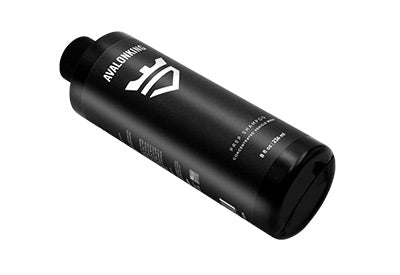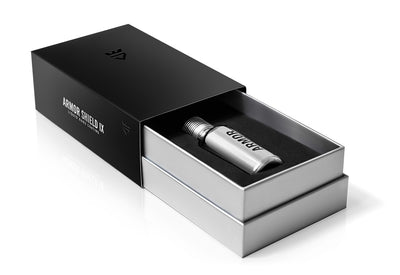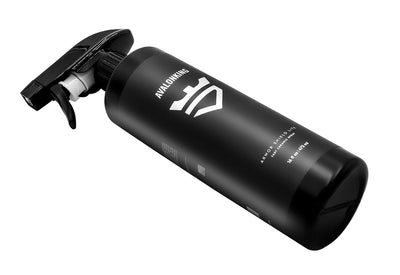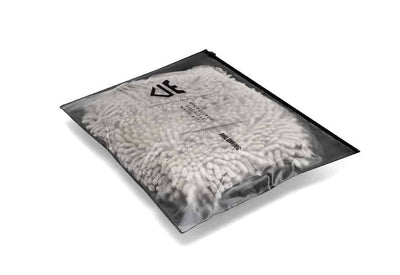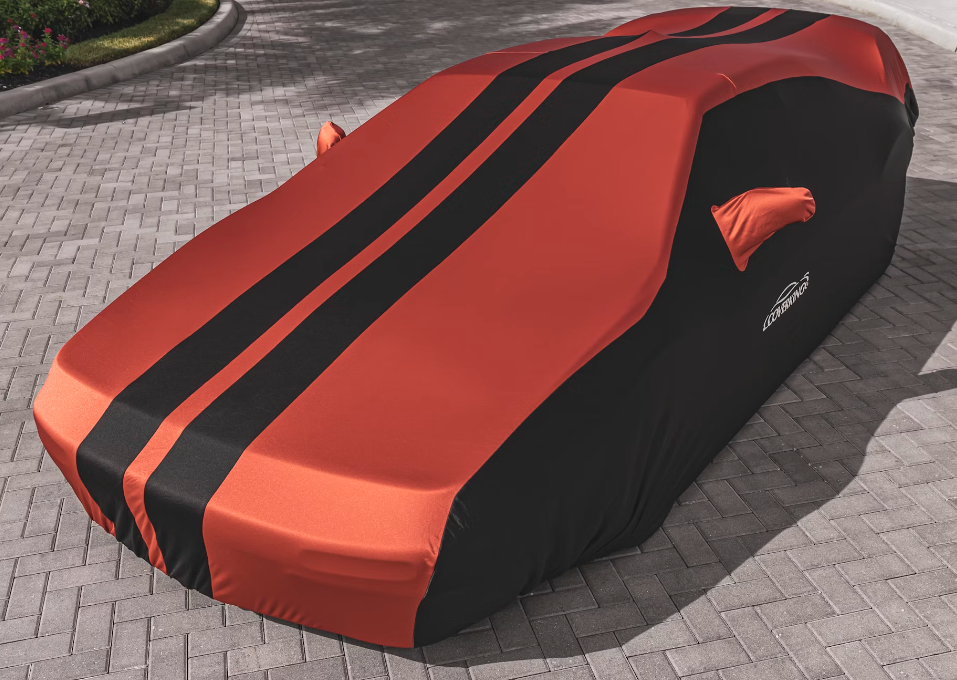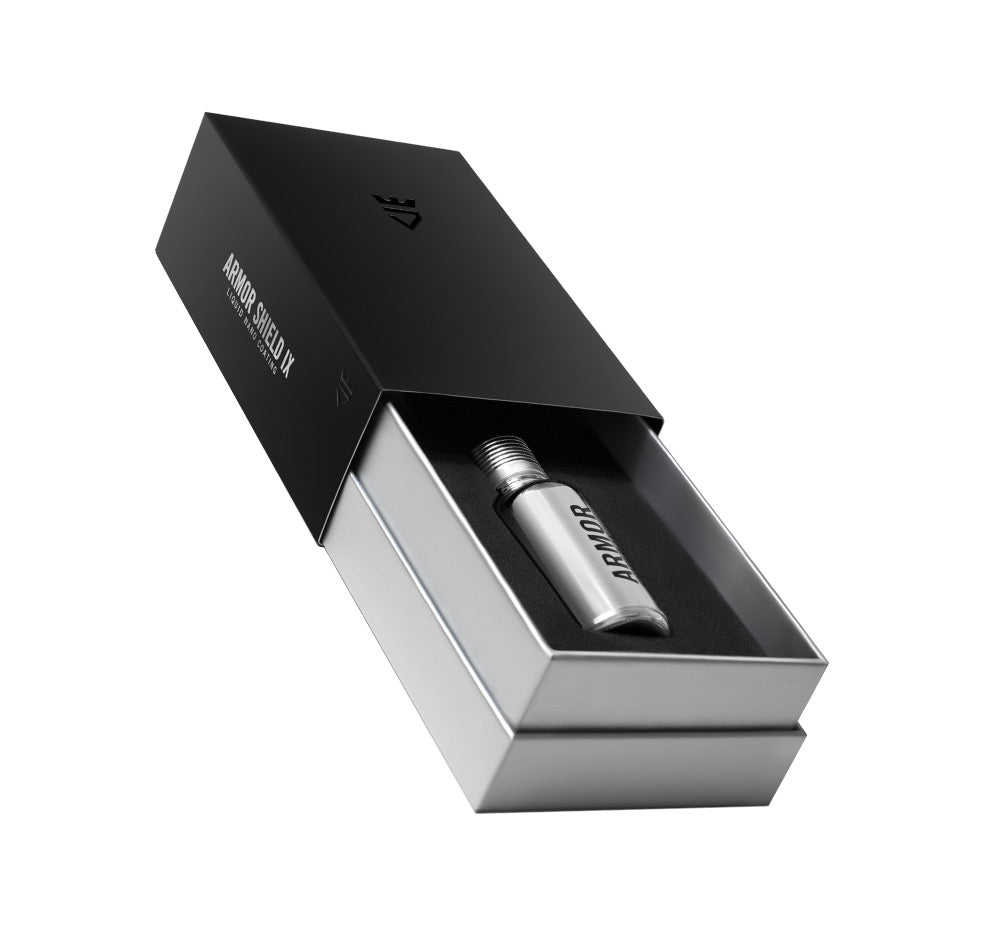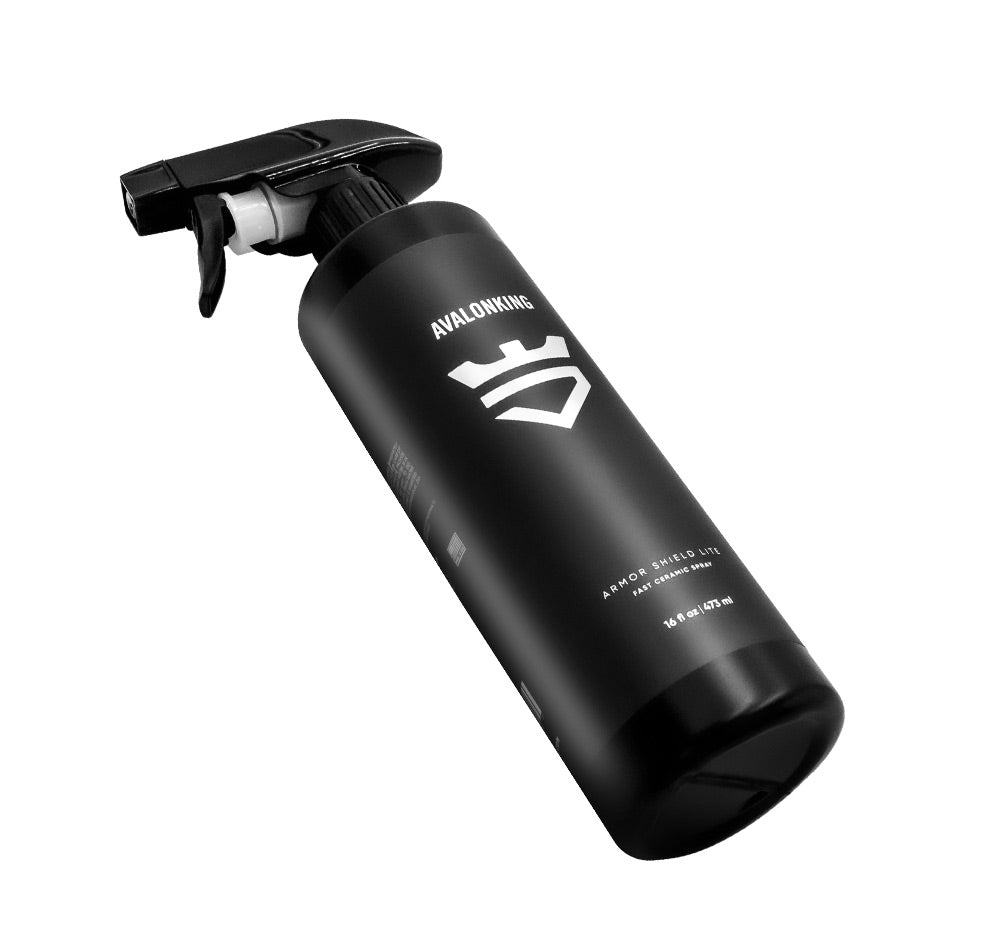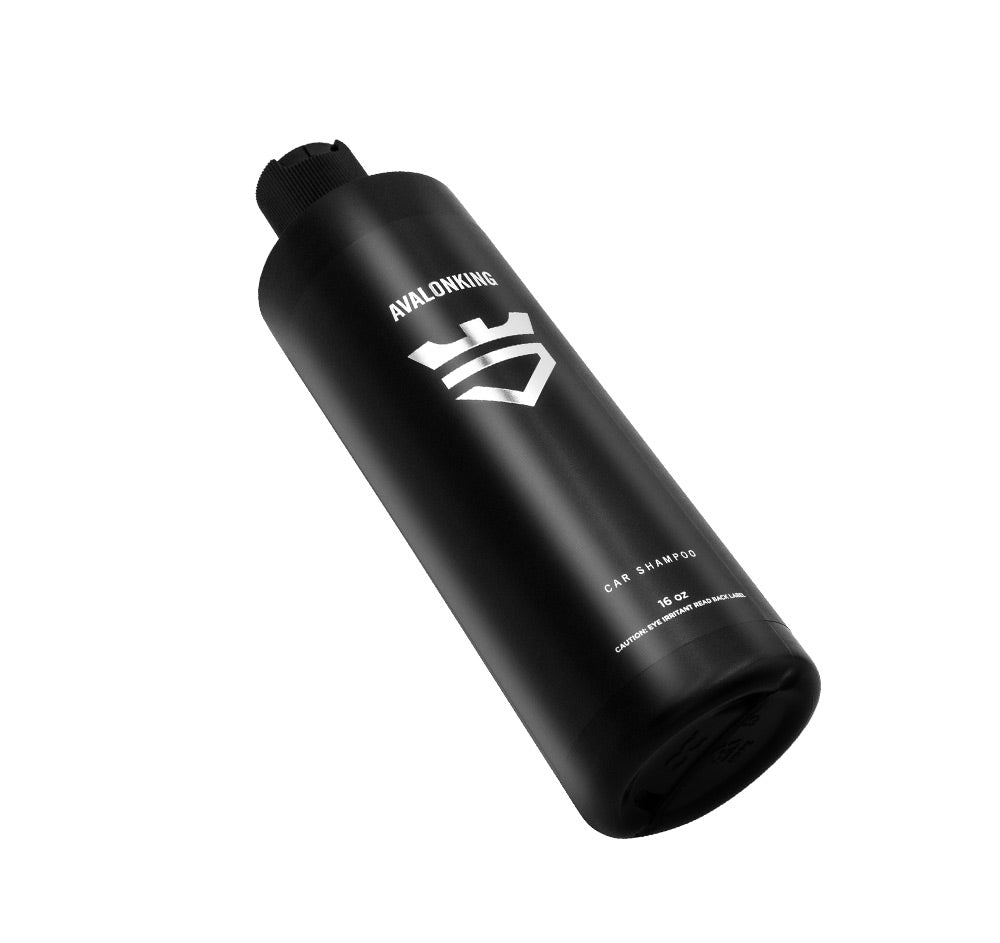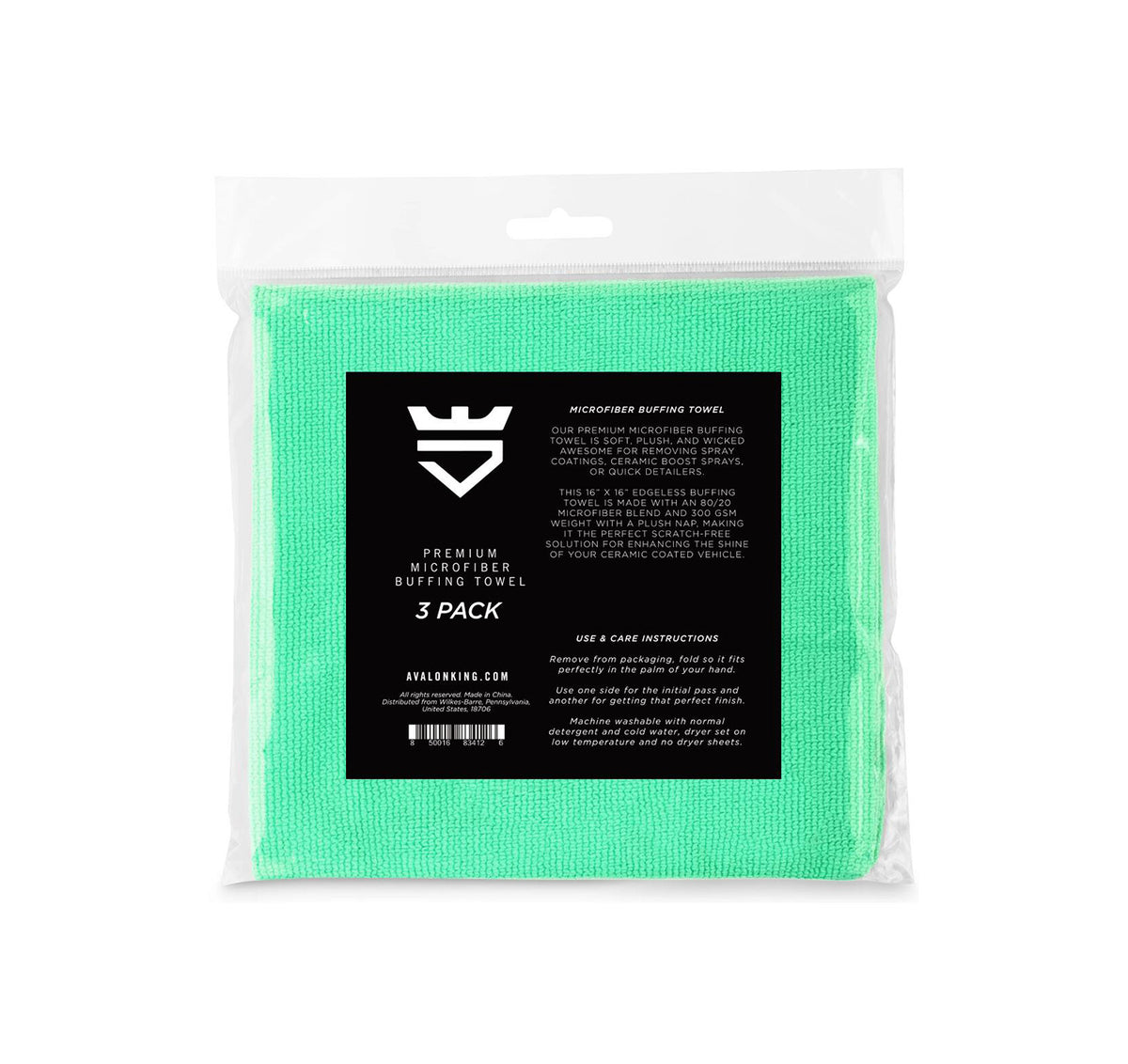What is Heat Resistance? Explained by AvalonKing
Heat resistance is a fundamental property of materials, particularly in the context of ceramic coatings. It refers to the ability of a substance to withstand high temperatures without losing its structural integrity or undergoing significant chemical changes. This article will delve into the intricacies of heat resistance, its importance in ceramic coatings, and how AvalonKing, a leader in the industry, leverages this property to deliver superior products.
Understanding the concept of heat resistance is crucial in the field of ceramic coatings. It is one of the key factors that determine the performance, durability, and longevity of the coating. The higher the heat resistance of a ceramic coating, the better it can protect the underlying surface from heat-related damage. This is particularly important in applications where the coated surfaces are exposed to high temperatures, such as in automotive and industrial settings.
Understanding Heat Resistance
Heat resistance is a measure of how well a material can withstand high temperatures. It is usually quantified in terms of a temperature limit, beyond which the material starts to degrade or lose its properties. The heat resistance of a material is largely determined by its chemical composition and structure.
Materials with high heat resistance are often characterized by strong intermolecular forces, high melting points, and stable chemical structures that resist breaking down under heat. These materials are able to absorb a significant amount of heat energy without undergoing phase changes, such as melting or vaporizing, thereby maintaining their structural integrity even at high temperatures.
Factors Influencing Heat Resistance
The heat resistance of a material is influenced by several factors. These include the type of atoms in the material, the arrangement of these atoms, and the types of chemical bonds between them. Materials with heavier atoms, more compact atomic arrangements, and stronger chemical bonds tend to have higher heat resistance.
Another important factor is the presence of impurities in the material. Impurities can disrupt the uniformity of the material's structure, making it more susceptible to heat-induced degradation. Therefore, materials with fewer impurities generally have better heat resistance.
Heat Resistance in Ceramics
Ceramics are known for their exceptional heat resistance. This is largely due to their unique atomic structure, which consists of a network of strong ionic and covalent bonds. This structure gives ceramics a high melting point and makes them resistant to heat-induced deformation and chemical changes.
Furthermore, ceramics have a low thermal conductivity, meaning they do not readily transfer heat. This makes them effective thermal insulators, further enhancing their heat resistance. However, the heat resistance of ceramics can vary significantly depending on their specific composition and structure.
Heat Resistance in Ceramic Coatings
In the context of ceramic coatings, heat resistance is a critical property. Ceramic coatings are often used to protect surfaces that are exposed to high temperatures, such as engine parts, exhaust systems, and industrial equipment. Therefore, the ability of the coating to withstand these temperatures without degrading is crucial.
A ceramic coating with high heat resistance can protect the underlying surface from heat-induced damage, such as warping, melting, or chemical degradation. It can also help to reduce heat transfer to surrounding areas, thereby preventing overheating and improving energy efficiency.
Importance of Heat Resistance in Ceramic Coatings
The importance of heat resistance in ceramic coatings cannot be overstated. A coating with poor heat resistance can degrade under high temperatures, losing its protective properties and potentially causing damage to the underlying surface. This can lead to costly repairs and downtime, especially in industrial applications.
On the other hand, a ceramic coating with high heat resistance can provide reliable protection even under extreme temperature conditions. This not only ensures the longevity of the coated surface, but also enhances its performance and efficiency. For example, in automotive applications, a heat-resistant ceramic coating can help to improve engine performance by reducing heat loss and improving thermal efficiency.
Heat Resistance of AvalonKing Ceramic Coatings
AvalonKing is renowned for its high-quality ceramic coatings, which are known for their exceptional heat resistance. The company uses advanced materials and manufacturing processes to ensure that its coatings can withstand high temperatures without degrading.
AvalonKing's ceramic coatings are made from a blend of high-quality ceramics and nano-technology, which gives them superior heat resistance. These coatings can withstand temperatures of up to 1500 degrees Fahrenheit, making them suitable for a wide range of applications.
Conclusion
In conclusion, heat resistance is a vital property of ceramic coatings, determining their ability to protect surfaces under high temperature conditions. Understanding this property can help in selecting the right ceramic coating for a specific application.
With its focus on quality and innovation, AvalonKing continues to lead the way in the development of heat-resistant ceramic coatings. Whether for automotive, industrial, or other high-temperature applications, AvalonKing's ceramic coatings provide reliable protection and superior performance.
Ready to ensure your vehicle withstands the test of time and temperature? Check out our products at AvalonKing, where we offer top-tier ceramic coatings and car cleaning essentials. Experience the difference with our proven solutions and join the ranks of satisfied customers who trust in our years of expertise. Don't wait, give your car the protection it deserves today!

